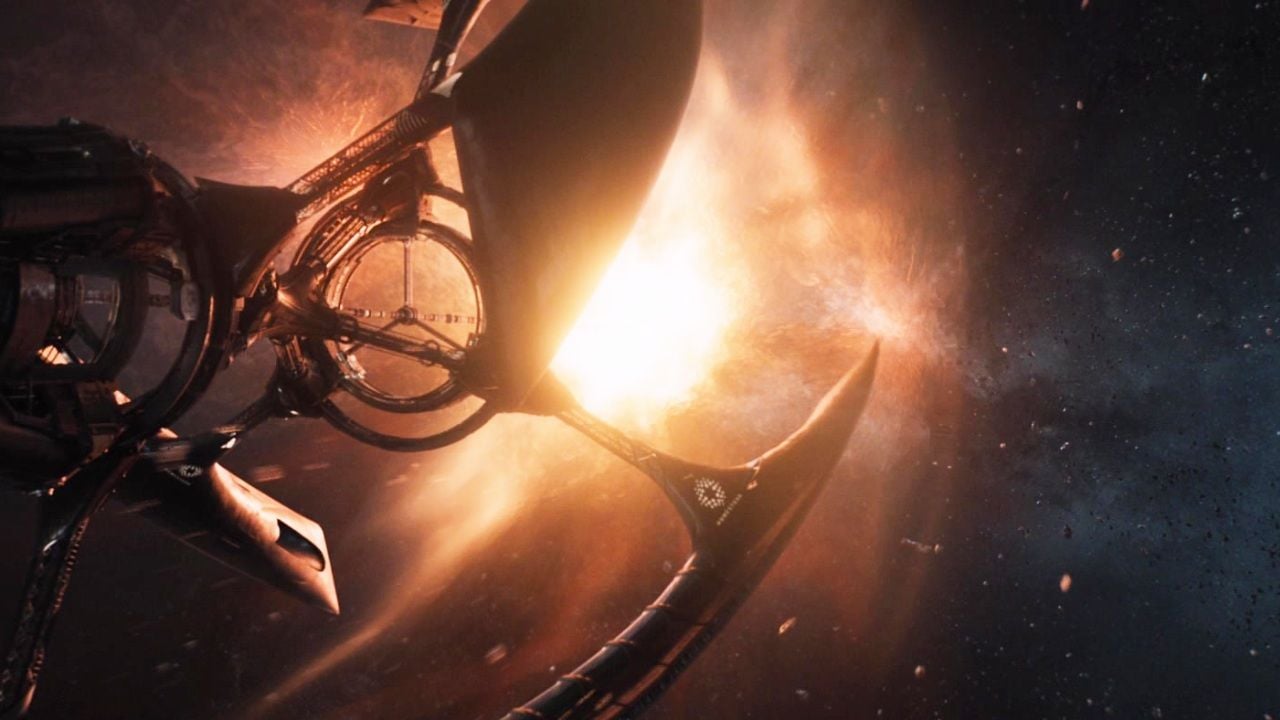A huge turnout, the highest in more than 40 years, has led to a shock result in the second round of voting for France’s new parliament, says Paris correspondent Hugh Schofield.
The French once again rejected the radical right’s rise to power.
Despite the significant gains of right-wing forces in the vote for the European Parliament and in the first round of these elections for the national legislature, at the time of the decision the French population withdrew, something that had already happened in the country’s presidential elections.
The shock defeat left Marine Le Pen’s Rassemblement National party as the third most voted force in the National Assembly.
Expectations a week ago of reaching 300 seats in parliament have fallen to something around 150. And that happened because the French showed up in huge numbers at the polling stations – the highest turnout in more than 40 years.
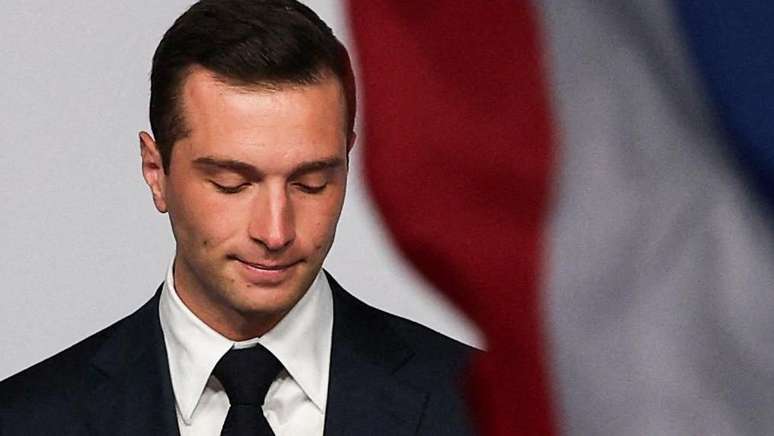
Jordan Bardella, a protégé of Marine Le Pen and a candidate to become France’s new prime minister if the RN wins, said the “unnatural” and “dishonorable” alliance between the left and Macron’s coalition prevented his party from winning.
Bardella refers to the alliance between left-wing parties that have put aside their differences to form an anti-RN coalition.
The various political blocs of the different left-wing tendencies have overcome the distance that separates them from President Emmanuel Macron’s bloc to achieve the surprising result in the second round of the legislative elections.
Radical right politicians note that nothing, other than opposition to the RN, unites the politicians of this alliance, which ranges from Edouard Philippe, of the center-right, to Philippe Poutou, of the Trotskyist left. And that this lack of understanding bodes ill for the future.
In any case, polls show that the majority of French people do not want the radical right, both because they oppose its ideas and because they fear the unrest that would inevitably accompany its rise to power.
But if Jordan Bardella isn’t the country’s next prime minister, who will?
That is the big unknown. And, contrary to the convention that followed previous French parliamentary elections, it could be weeks before we get an answer.
Because in those weeks of tension something happened that changed the very nature of the French political system.
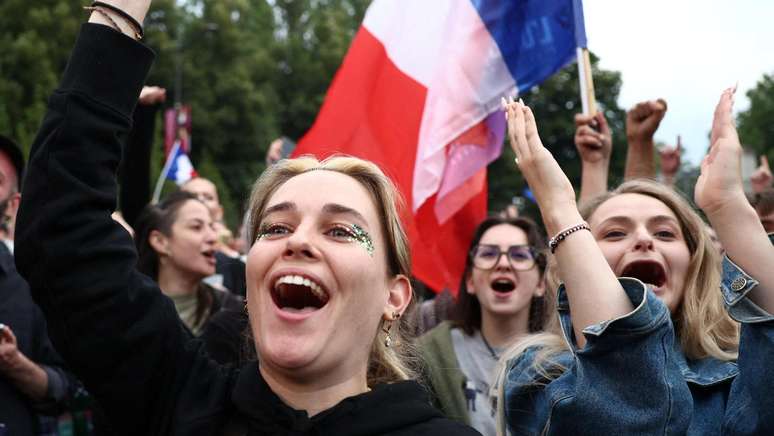
As the eminent political analyst Alain Duhamel, a veteran of every election since Charles de Gaulle, put it: “Today there is no longer any dominant party. Since Macron came to power seven years ago, we have been in a period of deconstruction of our political forces. . . ” .
“Perhaps we are beginning a period of reconstruction.”
What he means is that there is now a multiplicity of political forces: three large blocs (radical left, radical right and center), plus the center-right. And within them there are competing tendencies and parties.
Without a party capable of obtaining a majority in the National Assembly, a long period of negotiations to form a new coalition ranging from the center-right to the left is now inevitable.
Nothing indicates how this will happen. The various political components of this possible alliance have so far expressed mutual aversion.
But it is a safe bet that Macron will call for a period of conciliation after the tensions of recent weeks.
Conveniently, this period will last until the Paris Olympics and the summer holidays, allowing the French to regain their morale.
In the meantime, Macron will appoint someone to lead the negotiations and bring the different parties together. Will it be someone from the left? Will it be someone from the center? Will it be a politician outside this bloc? We don’t know.
What seems certain is that France is about to enter a more “parliamentary” system.
Macron and the future prime minister will have less power in this new phase.
Even if the president manages to place a centrist in the position of prime minister (which is no easy feat, given the strength demonstrated by the left), this person will exercise power in his own right and on the basis of parliamentary support.
Macron – with no prospect of running again in 2027, when his term ends – will be a minor figure.
So has the president lost his bet? Will he regret rushing the election? Is he ready to step back?
We can be sure that Macron does not see things that way. He will say that his decision was made because the situation was unsustainable.
Perhaps he will also say that he has cleared the air in French politics by giving the RN the chance to win a larger share of seats in the Assembly to reflect the party’s support in the country.
And he can still argue that his risky bet that the French would never bring the radical right to power was correct.
Macron’s power may be waning. But for now he remains at the Elysée Palace, consulting his team, encouraging politicians and still controlling the political clock.
Source: Terra
Rose James is a Gossipify movie and series reviewer known for her in-depth analysis and unique perspective on the latest releases. With a background in film studies, she provides engaging and informative reviews, and keeps readers up to date with industry trends and emerging talents.

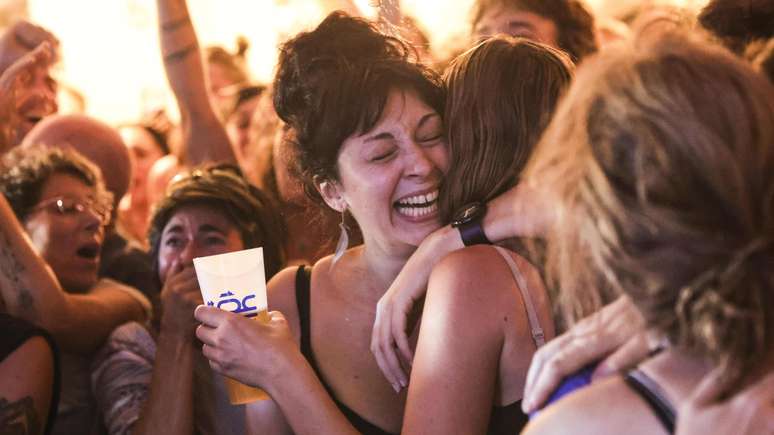
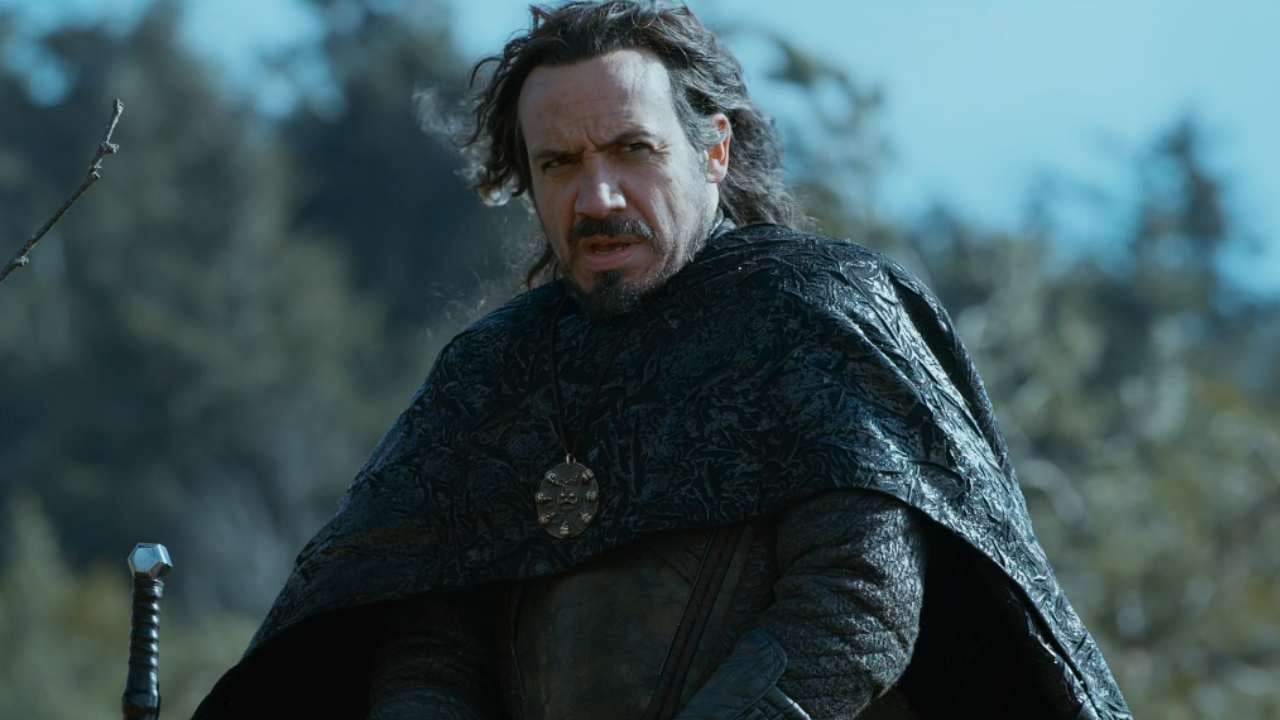
![It All Begins Here: What’s in store for Tuesday 21 October 2025 Episode 1289 [SPOILERS] It All Begins Here: What’s in store for Tuesday 21 October 2025 Episode 1289 [SPOILERS]](https://fr.web.img3.acsta.net/img/99/48/99481db5c03e1ff295fce95b23125991.jpg)
